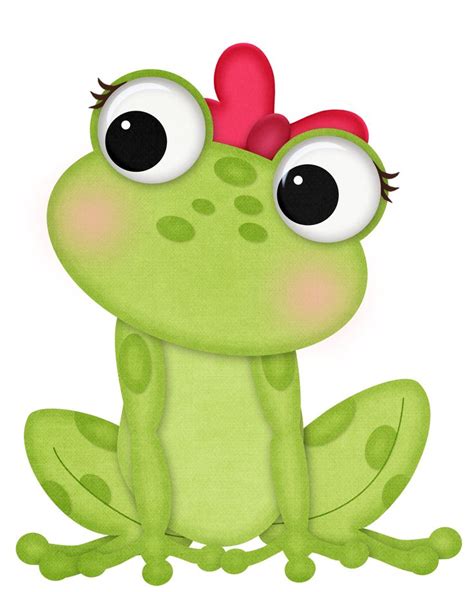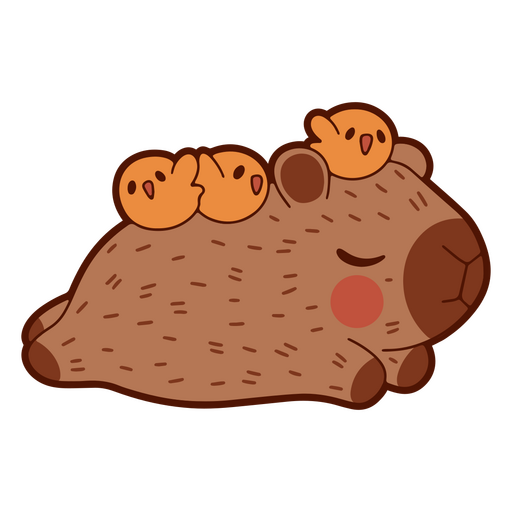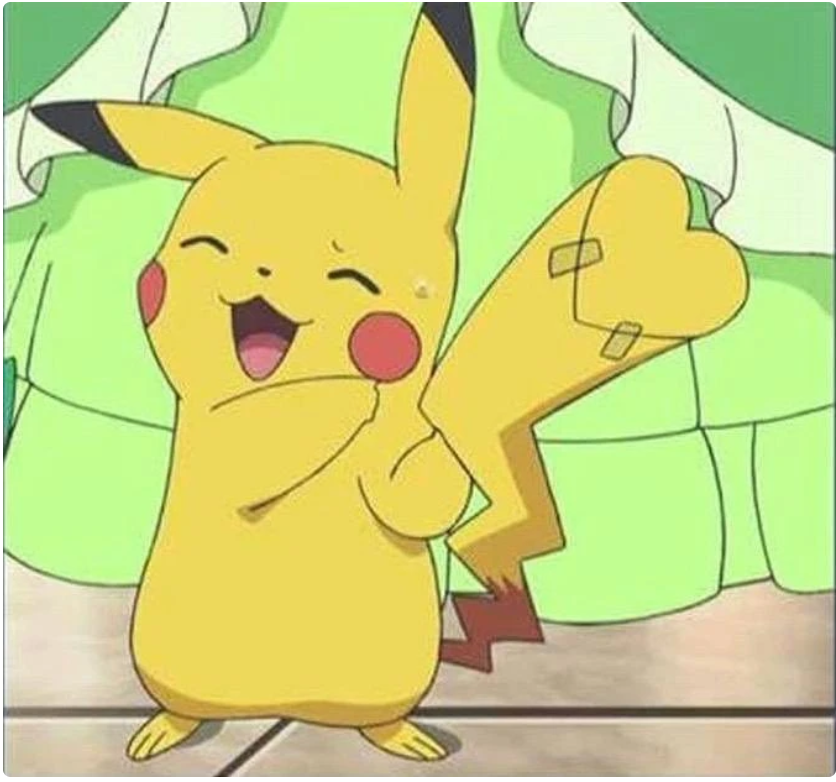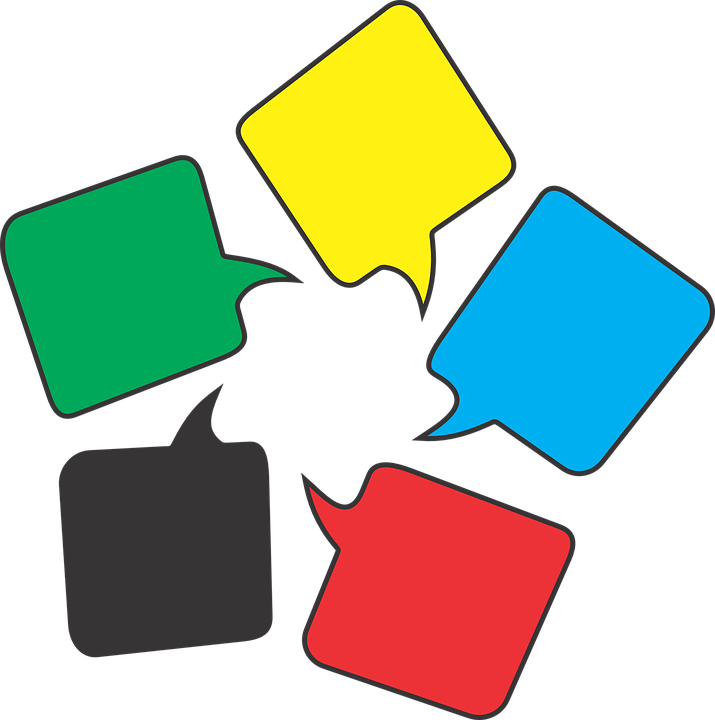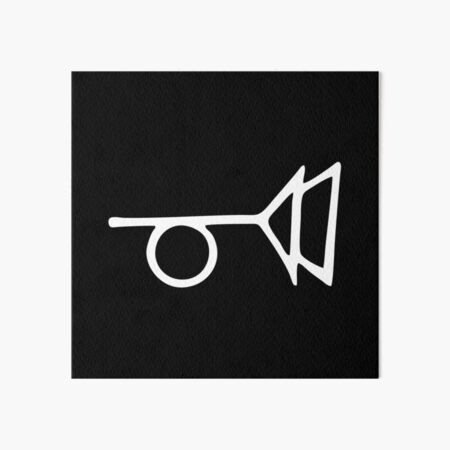I hear ashwaganda actually helps? Anyone tried it?
Please do not recommend weed
And if you say alcohol you’re a very fine comedian
L-theanine and magnesium
 help mildly with anxiety
help mildly with anxietyIf you’re deficient in vitamin D (quite common), taking a vitamin D supplement might make you feel somewhat better
Some people see some benefit from supplementing 5-HTP (5-hydroxytryptophan, precursor to serotonin in the body)
Sadly not a whole lot of options tbh :(
5-htp only improves serotonin in the digestive tract as neither it, nor serotonin will cross the blood-brain barrier.
Which isn’t to say it can’t improve somebody’s mental health. We focus way too much on the brain.
lithium is available as an over-the-counter supplement but be quite careful with it if not getting regular blood work to test levels
Definitely be careful with lithium. If you have kidney problems or you suspect that you do then avoid it.
If you’re taking small, subclinical doses though I’d say go for it - there are a couple of papers that I’m aware of which have studied regions where a domestic water supply has a higher naturally-occurring amount of lithium. We’re talking about miniscule amounts because if it was high enough to be a problem then it would cause problems or it wouldn’t be deemed safe for drinking.
What was found in the papers was that after controlling for variables, the rates of suicides in the region where lithium was higher in the water supply had significantly lower suicide rates that nearby regions whose water supply didn’t have lithium in it.
It would be really interesting if there was research done into very low, subclinical doses of lithium for people with chronic mental illness across a range of symptoms because I’d love to see what the results would be.
Sunlight, flintstone vitamin, and a big glass of water? I don’t really think there are many OTC anti-depressants, the prescription ones are already garbage enough, I can’t imagine random supplements will do much good.
Sunlight and Qigong in the morning work great for me.
ashwaganda does something but I wouldn’t say it actually helps (for me anyhow, others have different experiences). Vitamin D feels like it does something for seasonal depression. And L-Tyrosine feels like it does something for adhd-like symptoms
The closest OTC thing to that is DXM (yeah, the cough syrup drug). Auvelity is a new prescription antidepressant that is a combined formulation of DXM and Bupropion. Unfortunately it is crazy expensive and unlikely to be covered by insurance, so a lot of people just try using DXM this way without the Bupropion.
I’ve seen a lot of success stories using this method, many also claim it’s a great anxiolytic. But tread carefully, always do your own extensive research when using an OTC med for chronic off label use if you don’t have access to a doctor. Like most antidepressant drugs, DXM has withdrawal symptoms. Nowhere near as bad as opioids, but definitely worse than a heavy caffeine habit. It’s also very addictive to a small subset of people, so exercise extreme caution there as well.
Some psychiatrists are prescribing buproprion and DXM under separate scripts but in the same dosages as Auvelity to achieve the exact same outcome.
DXM will still work on its own, without bupropion, but it won’t be nearly as effective as an antidepressant.
Yeah it’s hard to say how effective DXM is on its own, I’m not sure whether there’s much research on it if any. But it’s worth noting because it’s definitely an SNRI. I know some people who don’t tolerate Bupropion very well, in those cases it might be worth trying.
It’s only an SNRI in its pro drug form, which is DXM. The reason it is prescribed with Wellbutrin is because it prevents your body from turning DXM into DXO, which is a powerful disassociative.
Additionally the half-life of DXM doesn’t make it a very effective SNRI without changing the body’s metabolism. The Wellbutrin is the component that changes metabolism.
I’ve done a lot of personal research with both DXM and it’s active metabolite. And have some undergraduate education in pharmacology. I really don’t recommend it.
Also to note, it’s done at 40mg doses with the prescribed version. You could probably get similar-ish results with dextro and a nicotine patch
I’ve been getting into herbal teas lately. Tons of chamomile and lavender to keep me calmer. I have a pitcher which I prepare a strong batch in and like to keep in the fridge for iced tea.
Edit: Some people will get super tired and fall straight asleep from the lavender.
Not exactly OTC but there’s a lot of evidence for psychedelic therapy. I get ketamine injections at a clinic and take mushrooms regularly to try and spread out the super expensive k injections. I’m going for my next shot tomorrow, seeing as I’ve become an emotional trainwreck while the estradiol starts to take hold. If you can get your hands on it, 4-ACO-DMT is the closest you can get to psilocybin. I would 10/10 recommend. Nothing has ever made me feel better.
Psychedelic assisted psychotherapy changed my life. It’s not for everyone, but holy shit when it works it works.
Supplements are better than nothing, but if you want anti-depressant or anti-anxiety stuff w/o prescription you’ll be looking more under the table than over the counter.
There’s an interesting meta-analysis of the antidepressant effects of endogenous neuromodulators that I have read. I’ll spare you all the details but it found a number of supplements that appear to have good effect as antidepressants. Of them, the most readily available ones they mentioned were Vitamin C and creatine.
For vitamin C, you’re looking at a dose of around 500-1000mg per day although you could go higher on this with minimal concern. At high doses you might have an upset stomach especially if you go too hard too soon on it but aside from that there’s little else to worry about.
For creatine you’re looking at a dose of around 5-10mg per day. The same applies as above. There’s really no need to go higher than 10mg though and you’d probably just waste money by pushing the dose higher than that.
While N-acetyl cysteine is not endogenous nor a part of this study, there’s some evidence that around 1000-2000mg per day may also have antidepressant effects. This is another supplement that has the same caveats as above.
For OTC anxiolytics a few stand out: kava (I’d recommend against taking kava whole and instead preparing an extract in water especially if you’re planning on using it regularly and making the most of the potential reverse tolerance effect), L-theanine, valerian (I’d veer away from taking this daily and it’s something that would be better taken occasionally or for a few consecutive days here and there). I’m really partial to damiana but that’s a bit harder to get and I have ADHD so the effects of it on me may be less common. Kratom has an anxiolytic effect at higher doses and I am extremely partial towards it although I’d recommend some caution with it as it’s possible to develop an addiction to it so it’s another thing that would be best used occasionally rather than daily if you did opt for this.
For creatine you’re looking at a dose of around 5-10mg per day. The same applies as above. There’s really no need to go higher than 10mg though and you’d probably just waste money by pushing the dose higher than that.
huh i should’ve been chugging sobe.
I had pretty good results with CBD for anxiety. Not as good as the lexapro I take now though. That isn’t OTC, but really easy to get from an online doctor like callondoc.
In what form do you take the CBD? My friends have tried different CBD products in the past.
I’ve had oils that I liked. Would drop it under my tongue. I’ve also used vape cartridges, and even smoked some prerolls.
Kava is pretty dope if you can stand the taste.
Kanna



